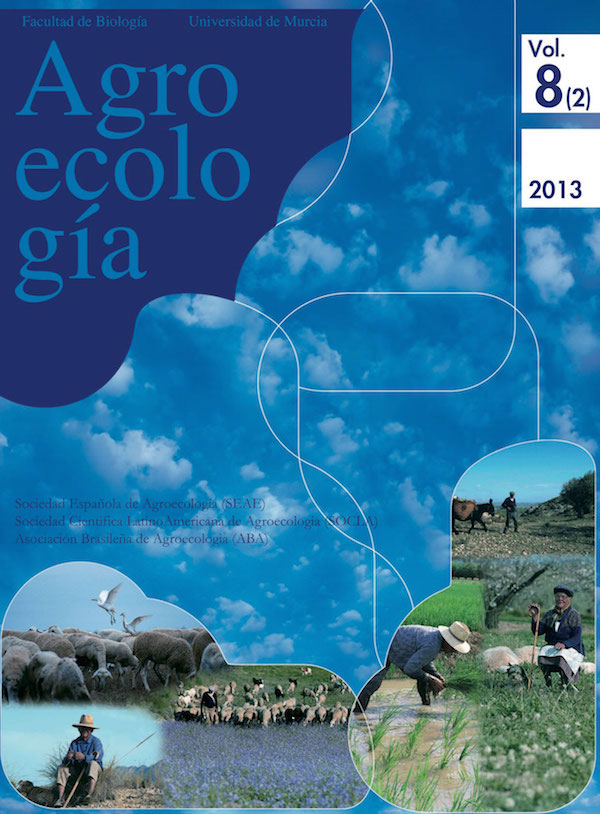Phenomenon-Based Learning in Agroecology: A Prerequisite for Transdisciplinarity and Responsible Action
Abstract
Phenomenon-based learning in agroecology provides a rationale and platform for bridging academia and society. Learning based on reflective experiences on farms and in communities has provided the foundation and the core of an agroecology course in Norway since 2000. Student teams work with university teachers and stakeholders in ‘open-ended cases’ to identify key constraints and future possibilities. This learning strategy uses real-world situations on the farm and in the community where solutions are not already known to instructor or clients. Employing natural science and social science methods, the teams examine and evaluate production, economic, environmental, and social dimensions, as integrated into whole systems. The students then design and evaluate future scenarios and work out plans of action. The result has been a strong foundation for responsible action in students’ future endeavors in education and development.Downloads
Las obras que se publican en esta revista están sujetas a los siguientes términos:
1. El Servicio de Publicaciones de la Universidad de Murcia (la editorial) conserva los derechos patrimoniales (copyright) de las obras publicadas, y favorece y permite la reutilización de las mismas bajo la licencia de uso indicada en el punto 2.
2. Las obras se publican en la edición electrónica de la revista bajo una licencia Creative Commons Reconocimiento-NoComercial-SinObraDerivada 3.0 España (texto legal). Se pueden copiar, usar, difundir, transmitir y exponer públicamente, siempre que: i) se cite la autoría y la fuente original de su publicación (revista, editorial y URL de la obra); ii) no se usen para fines comerciales; iii) se mencione la existencia y especificaciones de esta licencia de uso.
3. Condiciones de auto-archivo. Se permite y se anima a los autores a difundir electrónicamente las versiones pre-print (versión antes de ser evaluada) y/o post-print (versión evaluada y aceptada para su publicación) de sus obras antes de su publicación, ya que favorece su circulación y difusión más temprana y con ello un posible aumento en su citación y alcance entre la comunidad académica. Color RoMEO: verde.





